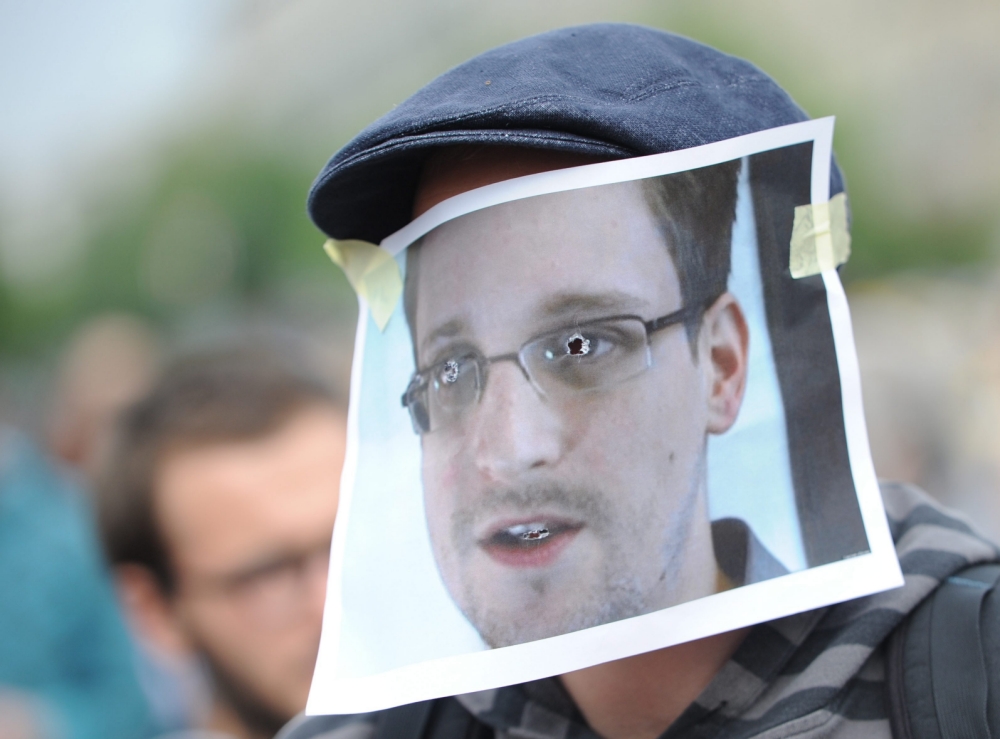Mentioned yesterday there were four questions submitted to Julian Assange’s Reddit Ask Me Anything that I hoped the Wikileaks EIC would address. The layout for the AMAs is sort of a mess, but from what I can quickly ascertain, it seems he responded to just one of them, though a good one. Assange skirts much of the inquiry’s substance, most likely because it speaks uncomfortable truths to his own stated philosophies about privacy, but it’s still worth reading.
The exchange:
Question:
People frequently group you together with Edward Snowden because you’ve both released classified American documents. But your motivations and philospophies couldn’t be more different.
Snowden claims to fight for privacy. He’s called privacy the bedrock of freedom, that one cannot be free without privacy.
You have called privacy obsolete and unsustainable. You’ve said that privacy has no inherent value. You appear to believe privacy and freedom are incompatible, that you cannot be free if others can keep secrets from you. You’ve published the credit card numbers, social security numbers, medical information, and sexual preferences of individuals of zero public interest. Two of your most recent publications are the personal Gmail inboxes of civilians, exactly the sort of thing Snowden has tried to protect.
Can you convince me that you’re right and Snowden’s wrong?
Julian Assange:
Edward Snowden is a whistleblower. He committed an important and brave act, which we supported. I worked with our legal team to get him out of Hong Kong and to a place of asylum. No other media organization did that. Not the Guardian, which had been publishing his material. Nor did Amnesty, Human Rights Watch, not even any institution from a government. It was WikiLeaks that acted. A small, investigative publisher, which understands computer security, cryptography, the National Security Agency, which I have been publishing about for more than ten years, and asylum law, because of my situation.
We couldn’t have a situation where Edward Snowden ends up in a position like Chelsea Manning and is used as a general deterrent to other whistleblowers stepping forward. Edward would have been imprisoned at any moment in Hong Kong and would have then been turned into the propaganda that if you’re trying to do something important as a whistleblower, your voice will stopped and you’ll be placed in prison in very adverse conditions.
We wanted the opposite. We wanted a general incentive for others to step forward. That’s for philosophical reasons, because we understand the threat of mass surveillance, but it’s also understandable for institutional reasons. WikiLeaks specializes in publishing what whistleblowers reveal and if there’s a chill on sources stepping forward, that’s not good for us as an institution. On the other hand, if people see yes, it’s good for sources to step forward, then there will be more of them.
On full publication versus the sadly limited publication of Snowden files–Edward Snowden hasn’t really had a choice. He has had various views that have shifted over time, but he is in a position where we made sure he had given the documents on him to journalists before he left Hong Kong. Both Edward Snowden and I assessed that it would be a dangerous bait for him to be carrying laptops with NSA material on it, as he transited through Russia to Latin America. That might be something that would cause the Russians to hold him. So he and we made sure he had nothing. Since the point of those initial disclosures, Edward Snowden hasn’t been able to control how his publications have been used.
Edward has been a very important voice in talking about the importance of different aspects of them, but he has had no control. The result is that more than 97% of the Snowden documents have been censored. Enormously important material censored and while there have been some good journalists working on them, and I think Glenn Greenwald is one of the best journalists publishing in the United States, you have to have hundreds of people and engineers working on material like this to understand what is going on.
We have a different position to those media organizations that have effectively privatized and limited that material. You can’t say that the initial publications had all the important docs. There have been more publications slowly as time goes by. Even some within the past two months. Those publications, for example, include ways to find interception sites in the United States used by the NSA. There are covert procedures to visiting those sites. Now, if those had been released in 2013, investigative journalists and individuals could have gone to those sites before there was a physical cover-up. That’s true in the United States and it’s true in Europe and elsewhere. I am sad about how the impact of the Snowden archive has been minimized, as a result of privatizing and censoring nearly all of it.•
Tags: Edward Snowden, Julian Assange


